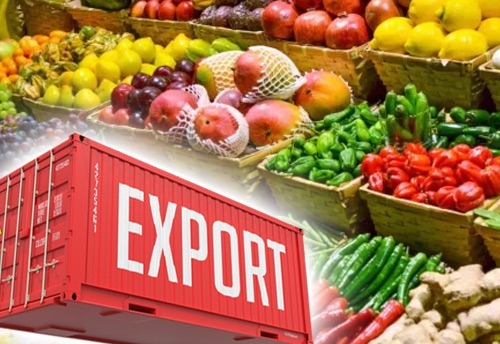The Chairman of AA Holdings, Dr. Austin Avuru, has highlighted the massive investment required to breathe new life into the country’s oil production. As Nigeria seeks to reinvigorate its energy sector and regain its foothold in the global oil market, the Chairman’s declaration sheds light on the financial commitment necessary to achieve this goal.
Speaking at the 41st Nigeria Association of Petroleum Explorationists (NAPE) yearly international Conference and Exhibitions, Avuru, shed light on the colossal $7.6 billion requirement to restore Nigeria’s oil production to 2.1 million barrels per day (bpd) by 2025. This stands as a mission to propel the country from its current 1.3 million bpd production level as of September.
Join our WhatsApp ChannelAt the conference under the theme, ‘Unlocking Nigeria’s remaining energy potential to fuel economic growth and diversification: opportunities and challenges,’ he stressed the significance of this investment not only for the nation’s economy but also to bolster its position in the global oil market.
READ ALSO: Nigerian Oil Industry On Steady Growth Despite IOC’s Investment Decline – Wabote
“At the end of 2025, we should go back to our 2.1 million bpd, and we need to drill 426 wells where costs alone amount to about $7.6 billion. You will need 45 rigs, as the number of rigs as of today is 21, 22,” Avuru stated. He also raised a critical question about the country’s execution capacity and the ability to mobilize an additional 23 rigs quickly if the funds become available.
Highlighting the evolving landscape of the energy sector, Avuru pointed out that hydrocarbons in Nigeria’s energy mix could decrease from 82 percent to approximately 20 percent in the most drastic scenario. In a more likely and probable scenario, hydrocarbons might constitute around 40 percent of the energy mix, with renewables surging from zero to about 60 percent by 2060.
Regarding consumption, he mentioned that in extreme scenarios, it could plummet from the current 103 million barrels per day to as little as 30 million barrels a day by 2050. In a more likely scenario, demand might decrease from the current levels to approximately 55 million barrels a day.
Avuru underlined the urgent need for increased investment in the sector due to a rapid decline in existing production, along with reduced investments and a reluctance from banks and other funding sources to support the oil and gas industry.
The Chairman emphasized the importance of maximizing gas production, excluding LNG, to reach its peak, with the potential to supply three to four billion cubic feet (BCF) to the domestic market. He projected that by 2030, Nigeria should achieve an output of three million bpd.
James Makinde, General Manager of Gas Business at Seplat Energy PLC, also highlighted the need to address the growing deficit in gas supply to the market. If the country continues on its current approach, there could be a deficit of 3.1 billion cubic feet per day in gas supply by 2030, spanning 70 years.
Makinde outlined the primary reforms centered on the Decade of Gas initiative, with a focus on ensuring attractive returns for investors, facilitating investments through supporting essential infrastructure, and enhancing investor confidence.
He revealed that two to three projects have the potential to supply an additional 0.3 billion cubic feet per day (BCF/D) to the domestic power sector by 2026, bringing substantial benefits to Nigeria, including foreign direct investment, government revenue, and job creation.
Both Avuru and Makinde stressed the need for private sector involvement and government incentives to boost investments in the sector, alongside the implementation of the Petroleum Industry Act (PIA) and regulatory clarity to create a conducive environment for growth.
Emmanuel Ochayi is a journalist. He is a graduate of the University of Lagos, School of first choice and the nations pride. Emmanuel is keen on exploring writing angles in different areas, including Business, climate change, politics, Education, and others.


















Follow Us